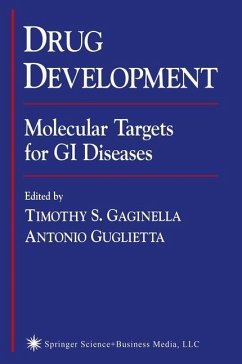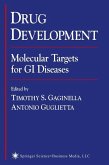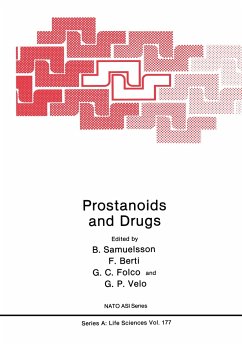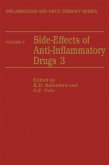The application of molecular techniques to gastroenterology continues to yield important advances in the development of drugs to treat gastrointestinal disorders. Important new drugs have emerged through the collaborative and complementary efforts of basic scientists, clinicians, and clinical researchers in academia and the pharmaceutical industry. The challenge has been exciting, with a few surprises along the way. Consider peptic ulcer disease as an example. The discovery of H receptors and the availability of potent and 2 selective H-receptor antagonists signaled the beginning of a new era 2 in the treatment of gastric hypersecretory states and peptic ulcers. Introduction of proton pump inhibitors offered another therapeutic option. Though H-receptor antagonists and proton pump inhibitors 2 are important and useful drugs, the discovery of the link between H. pylori infection and peptic ulcer disease has led to even more effective pharmacotherapeutic regimens. Our intent in Drug Development: Molecular Targets for GI Diseases is to bring together hands-on experts to review promising areas of gastrointestinal pharmacology. The contemporary topics covered, from a mechanistic viewpoint, are relevant to gastrointestinal inflammation and motility disorders. Authoritative opinions are offered on both future research directions and potential applications for new therapies.
Bitte wählen Sie Ihr Anliegen aus.
Rechnungen
Retourenschein anfordern
Bestellstatus
Storno








